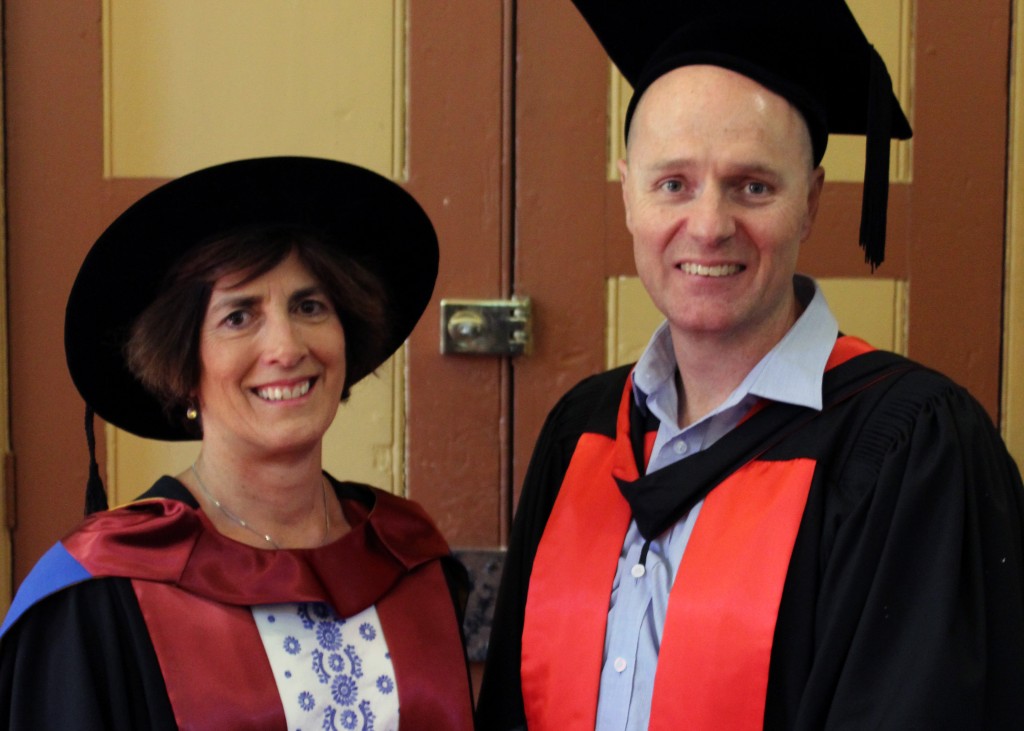
Research by The University of Notre Dame Australia’s Dr Jo Connaughton has recently argued that improving the quality of life for those with schizophrenia, those who suffer from persistent headaches and other mental health problems, can be achieved through better physiotherapy education.
While physiotherapists are considered experts in the management of musculoskeletal disorders and play integral parts in the management of many physical health issues, such as heart disease, Dr Connaughton said they are often not included in the mental health workforce, nor in mental health services.
“Many people receiving these services are not receiving assessment and treatment for physical conditions, such as headaches, and are not having their physical health needs adequately met,” Dr Connaughton said.
“Headache is representative of many physical health issues that are treatable and preventable but for various reasons are being ignored in people with schizophrenia and schizoaffective disorder,” she added.
Dr Connaughton was conferred a Doctor of Physiotherapy Research for her research into this important area at a graduation ceremony held on the Fremantle Campus on 10 December 2015. The title of her thesis was: The prevalence, characteristics, impact and management of headache in people with schizophrenia and schizoaffective disorder: A cross sectional cohort study.
On the back of a pilot study, Dr Connaughton interviewed 100 people with schizophrenia or schizoaffective disorder at the Fremantle Hospital Adult Mental Health Services over a three-month period.
Results showed that a 12-month prevalence of headache (57 per cent) was higher than the general population (46 per cent). Moreover, migraine headache was more common amongst men with schizophrenia or schizoaffective disorder. This goes against the trend in the general population where women suffer from more migraine headaches.
While there is no direct link between mental health clinical characteristics and the presence of headache, Dr Connaughton said the biggest impact on the quality of life for mental health patients was the frequency of headaches rather than its actual type.
Physiotherapy wasn’t included in the management of tension-type headache or cervicogenic headache (headaches originating from the neck), nor were patients presenting with migraine headache referred to a neurologist for treatment.
“The fact that almost no-one was receiving best practice management for their headache means this treatable condition is being ignored by health workers and people with schizophrenia and schizoaffective disorder are needlessly suffering,” Dr Connaughton said.
“I hope that, through my research, physiotherapists can realise that there is a need for their services within psychiatry and for psychiatrists to realise the important role a physiotherapist can play in headache management within this population.
“Education can be improved for physiotherapists to give them more confidence to work with people with mental health problems. Through a more dedicated approach to this important area of need, mental health patients can experience a better quality of life.”
For additional photo galleries, please visit nd.edu.au/news/media-releases/2015/graduation, videos and links to presentations delivered at Notre Dame’s Graduation Ceremonies nationally.